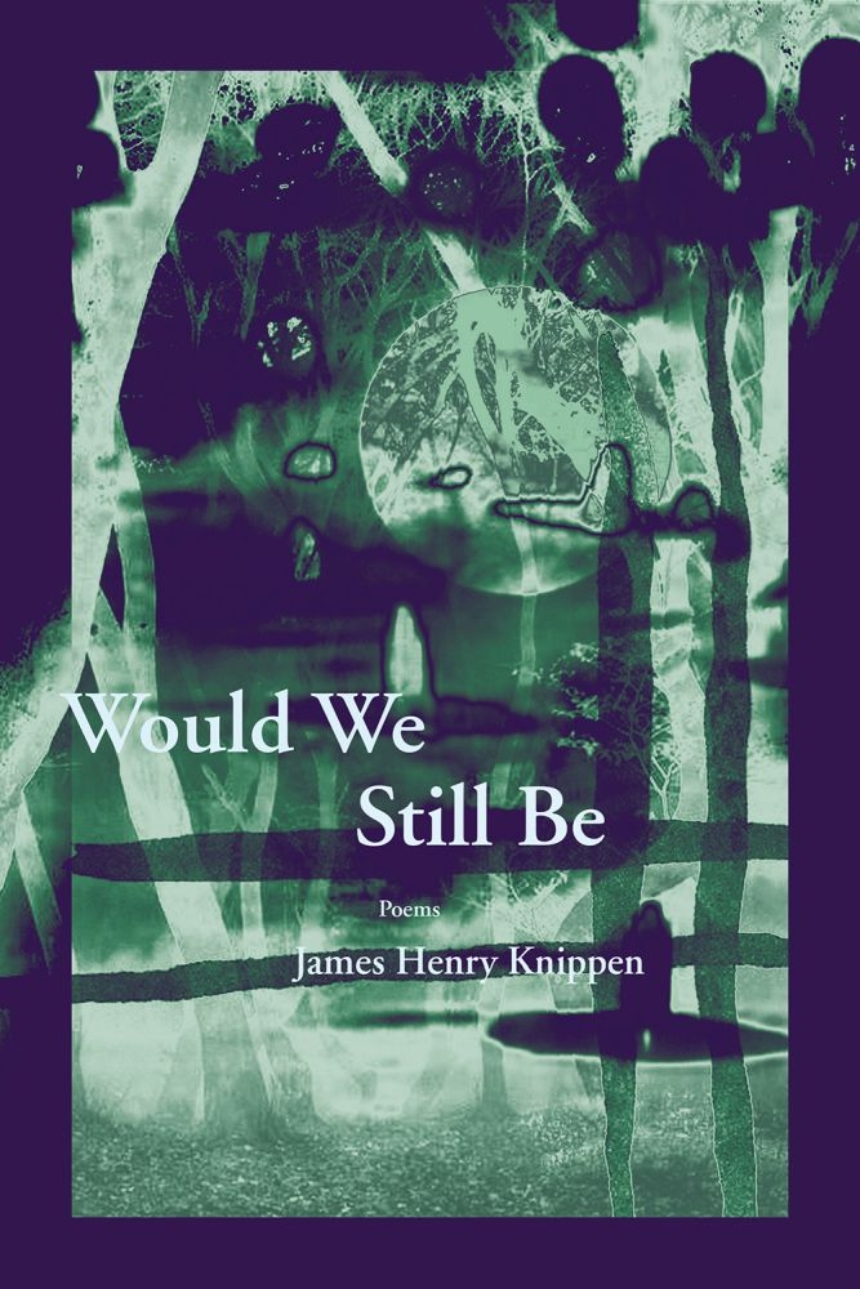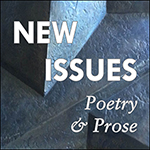Distributed for New Issues Poetry & Prose
Would We Still Be
Poems that acknowledge the existential anxieties of our age while continuing to celebrate the beauty and musicality of language.
In Would We Still Be, James Henry Knippen crafts the anxieties that emanate from human existence—grief, fear, hopelessness, uncertainty—into poetic reflections that express a deep reverence for the musicality and incantational capacity of language. Like a moon or a wren, two of the book’s obsessions, these haunting poems call us to consider beauty’s connection to the transitory. Among the ghosts that wander these pages—those of loved ones, those we are, and those we will become—Knippen asks if image is enough, if sound is enough, if faith is enough. In doing so, these poems seek out the soul’s communion with voice, encouraging us to sing our fate.
In Would We Still Be, James Henry Knippen crafts the anxieties that emanate from human existence—grief, fear, hopelessness, uncertainty—into poetic reflections that express a deep reverence for the musicality and incantational capacity of language. Like a moon or a wren, two of the book’s obsessions, these haunting poems call us to consider beauty’s connection to the transitory. Among the ghosts that wander these pages—those of loved ones, those we are, and those we will become—Knippen asks if image is enough, if sound is enough, if faith is enough. In doing so, these poems seek out the soul’s communion with voice, encouraging us to sing our fate.

